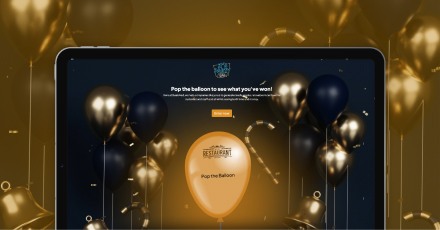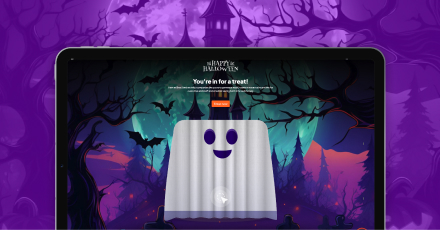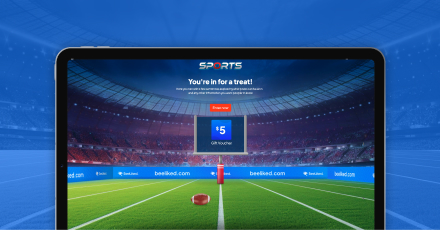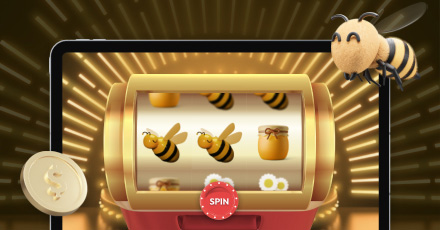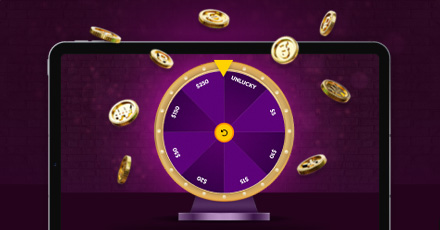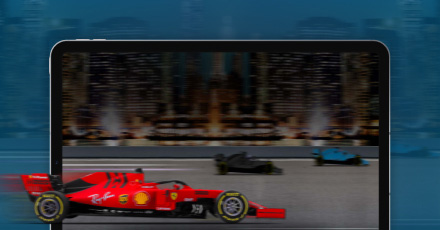Employee rewards have long been a cornerstone of workplace satisfaction and productivity. Yet, in recent years, organizations have found that traditional methods, such as bonuses, or employee-of-the-month programs, may not always resonate with an increasingly diverse workforce. The need for more dynamic, inclusive, and personalized approaches has led to the rise of gamification, which uses game elements to achieve business goals. At BeeLiked, we’ve seen firsthand how gamification can empower companies to engage and reward more employees, creating a more inclusive and motivated workplace. This article will explore the power of gamification in employee rewards, how it amplifies recognition, and how organizations can harness this strategy to create a thriving work culture.
Employee rewards are essential in building a strong and motivated workforce. Recognition leads to increased productivity, better retention, and improved morale. According to Harvard Business Review, companies that integrate recognition into their employee engagement strategies see a direct correlation with performance. It isn’t about the reward itself, but the timely and meaningful way it’s delivered. Employees who feel valued are likelier to put in extra effort and remain loyal to the company. Studies by Quantum Workplace reveal that when employees are recognized, they are 2.7 times more likely to be highly engaged at work. This engagement benefits individual performance and can transform the broader workplace culture, leading to long-term benefits for the company.
The Emergence of Gamification in Employee Rewards
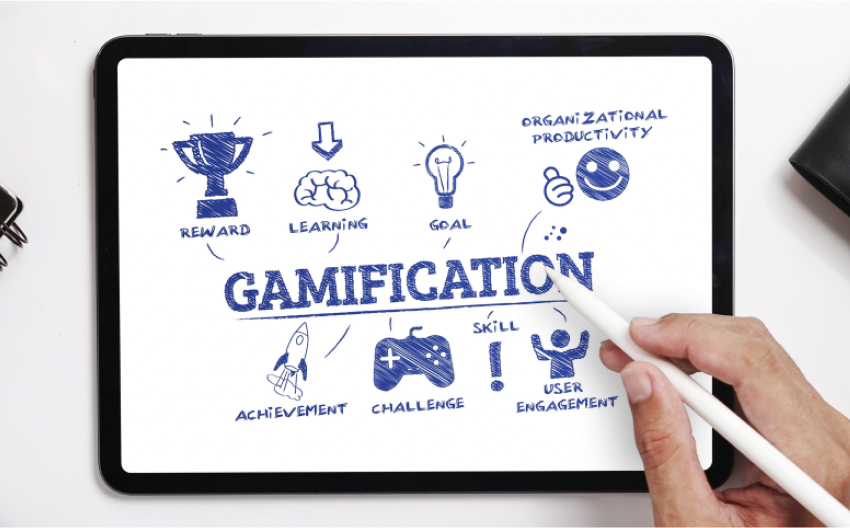
Traditional employee reward systems often cater to a small portion of employees, leaving the rest of the workforce under-recognized. The reality is that not every employee will be the top performer, yet every employee contributes to the company’s success. Gamification, with its flexibility and inclusivity, offers a solution to this challenge by allowing companies to reward more employees through various game-based mechanisms. A study by The Journal of Business on the effect of gamification on employee satisfaction, loyalty, and engagement concludes that gamified reward programs provide a more comprehensive and effective way to engage a broader portion of the workforce, motivating people who might not otherwise receive recognition in traditional systems.
Gamification leverages elements such as competition, challenges, and rewards to incentivize desired behaviors. It taps into people’s intrinsic motivations, like competition, achievement, and collaboration, making it a powerful tool for increasing employee engagement. Gamified rewards systems make recognition an enjoyable experience by enabling employers to celebrate individual and team achievements at all levels.
A key benefit of gamification is that it democratizes rewards, making them accessible to everyone. Traditional programs often focus on high achievers, but gamification encourages a wider range of activities to be rewarded. From collaborative projects to innovative thinking and day-to-day tasks, gamification can recognize contributions that might otherwise go unnoticed.
For example, a gamified system might award points to employees for consistently hitting deadlines, contributing to team meetings, or helping colleagues. This system can create more frequent opportunities for recognition, rather than limiting rewards to annual performance reviews or end-of-year bonuses. According to NectarHR, employees are 2.7 times more likely to feel engaged when receiving regular recognition. Gamified reward systems create this sense of continual recognition, motivating employees to improve their daily roles.
Creating a Culture of Recognition Through Gamification

Gamified employee recognition programs don’t only reward employees – they also help to shape workplace culture. Employers can reinforce desired behaviors and create a sense of community by aligning rewards with company values. A gamified system can encourage employees to engage in activities that embody the company’s mission, such as innovation, collaboration, or customer service excellence. BeeLiked’s gamified solutions have helped companies design interactive campaigns that align rewards with corporate values. These programs encourage employees to strive for milestones directly tied to the company’s strategic objectives.
Gamification caters to a diverse workforce by offering a variety of challenges and rewards that appeal to different motivations, be it competition, collaboration, or personal achievement. The ability to personalize rewards and create a system where all employees can succeed helps build a culture of recognition. According to Quantum Workplace, companies that invest in meaningful recognition programs see a 21% increase in profitability. Gamification can help organizations build robust recognition systems that directly impact the bottom line. There’s a direct link between employee recognition and retention. Employees who feel appreciated are less likely to leave, saving companies the cost and disruption of turnover. Gamification can enhance retention by offering regular and varied rewards that keep employees motivated and engaged over time.
Furthermore, a gamified rewards system can help employees track their progress and see how their efforts contribute to the company’s overall success. This transparency creates a sense of purpose and ownership, which is a significant motivator for employees. NectarHR reports that 63% of employees who feel recognized are unlikely to look for a new job.
The flexibility of gamified systems also means they can be adapted to suit different employee needs, from short-term incentives to long-term recognition strategies. Whether an employee has been with the company for six months or six years, gamified rewards systems can keep them engaged by offering new challenges and opportunities for growth. This constant evolution helps maintain high levels of motivation, ultimately improving productivity.
One of the most powerful aspects of gamification is its ability to be tailored to different industries and company sizes. Whether you’re a small startup or a large enterprise, gamification offers scalable solutions that can be adapted to fit your specific needs. For instance, companies like IHG Voco Hotels and The Clermont Hotel have successfully implemented gamified reward systems through BeeLiked, seeing significant improvements in employee motivation and engagement. These companies used gamification to create customized challenges that encouraged employee participation. The results? Increased morale, better teamwork, and a culture where every employee feels valued.
The Future of Employee Rewards: Gamification as a Long-Term Strategy
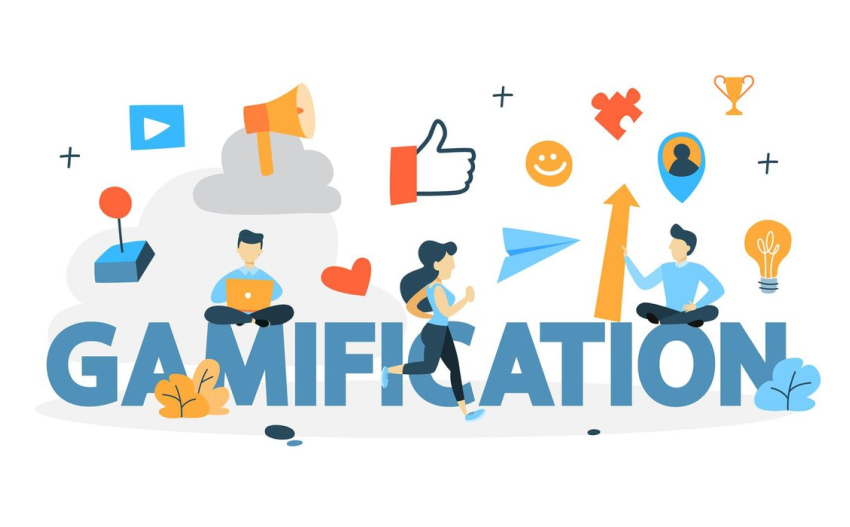
A significant advantage of gamification is its ability to expand the reach of employee rewards. With a broader and more flexible system, companies can recognize and reward a greater portion of their workforce. By expanding the pool of recognized employees, companies create a sense of belonging and motivation across the entire workforce. Employees who might not traditionally be considered for rewards, such as those in supporting roles or newer team members, are now part of the recognition ecosystem. This creates a more balanced, inclusive environment where everyone feels like their contributions matter.
BeeLiked’s gamified platforms offer various challenges that employees can engage in, from completing specific projects to demonstrating leadership in day-to-day activities. These challenges are designed to be scalable, meaning companies can easily adjust their reward programs to engage more employees without increasing costs dramatically.
As the workplace continues to evolve, so too must employee recognition strategies. Gamification offers a flexible, inclusive, and engaging solution to employee rewards that go beyond the traditional top-down approach. By recognizing a broader spectrum of employees, companies can create a more motivated and productive workforce. In the future, we expect to see even more organizations adopting gamification as part of their long-term employee engagement strategies. As companies strive to create a positive work culture, gamification will continue to play a key role in making employee rewards more accessible, personalized, and impactful. Explore our employee engagement solutions or visit our blog to learn more about how gamification can transform your company’s employee rewards strategy.
